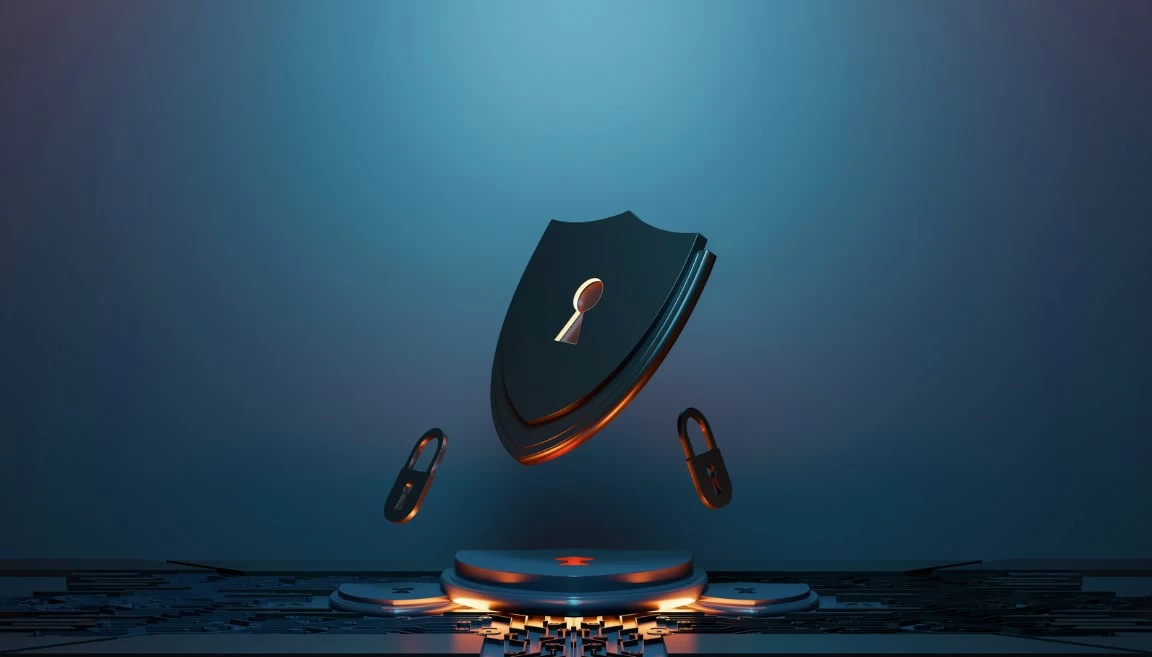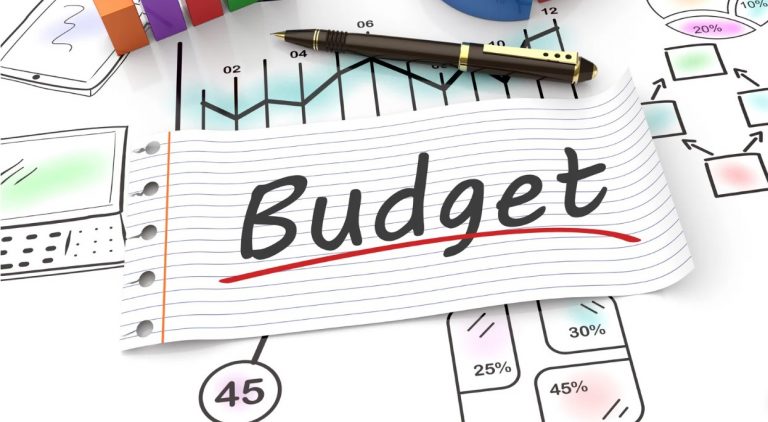How to Protect Your Personal Information When Gambling Online
The digital realm offers unparalleled convenience for gamblers, but with that ease comes the need for heightened security awareness. Protecting personal information is paramount when engaging in online activities, especially in online gambling. Here’s a comprehensive guide on safeguarding your data when playing at online casinos.
1. Opt for Licensed Casinos Only
Start by ensuring the casino operates under a recognized gaming authority. Licensed casinos must adhere to strict data protection regulations.
2. Secure Your Connection
Always use a secure, encrypted connection when accessing online casinos. Check for ‘https://’ in the website URL and a padlock symbol, both signs of encryption.
3. Be Password-Savvy
Strength Matters: Use a mix of uppercase and lowercase letters, numbers, and symbols to form a robust password.
- Change Regularly: Modify your passwords at intervals.
- Avoid Repetition: Don’t use the same password across multiple sites.
- Consider Managers: Password management tools can help store and generate strong passwords.
4. Use Two-Factor Authentication (2FA)
If the casino platform offers 2FA, enable it. This additional security layer requires a secondary verification step, typically a code sent to a mobile device.
5. Limit Shared Information
Only provide the essential details. If a casino asks for more information than necessary (e.g., social security numbers), be cautious.
6. Use Trusted Payment Methods
E-wallets like PayPal, Skrill, or Neteller provide an extra layer of protection, as they don’t require sharing bank details directly with the casino.
7. Check the Casino’s Data Protection Policy
A reputable online casino should have a clear data protection or privacy policy, detailing how they store, use, and protect your information.
8. Regularly Review Account Activity
Frequently check your gambling account for any suspicious activity. If you spot something unusual, contact the casino’s support immediately.
9. Keep Software Updated
Ensure your device’s operating system, browsers, and any casino-specific apps are updated. Cybersecurity threats evolve, and software updates help address known vulnerabilities.
10. Avoid Saving Passwords on Shared Computers
If you access casinos from a shared or public computer, never save your login details. Always log out when you’re finished.
11. Beware of Phishing Scams
Cybercriminals might send emails or messages pretending to be the casino. Never click on dubious links or download attachments from unverified sources. When in doubt, contact the casino directly.
12. Use a VPN
Virtual Private Networks (VPNs) add an extra security layer by encrypting your online activity, making it harder for third parties to intercept data.
13. Log Out After Gaming Sessions
Always log out after your gaming sessions, even if you’re accessing the casino from a personal device.
With so many websites offering gambling games to players, you must be on the lookout for scammers. Keep your personal information safe, don’t discuss passwords, account information, or other personal details with yourself, and if all else fails, trust your instincts!


